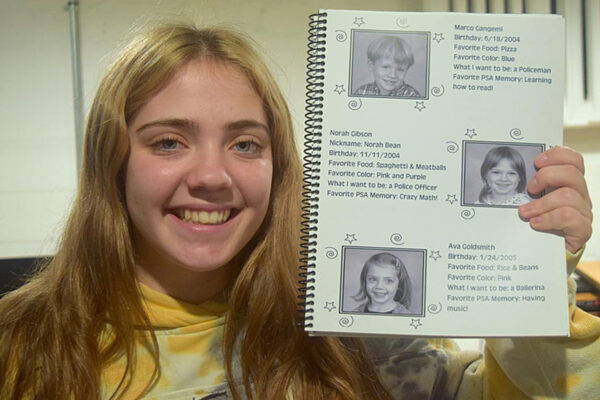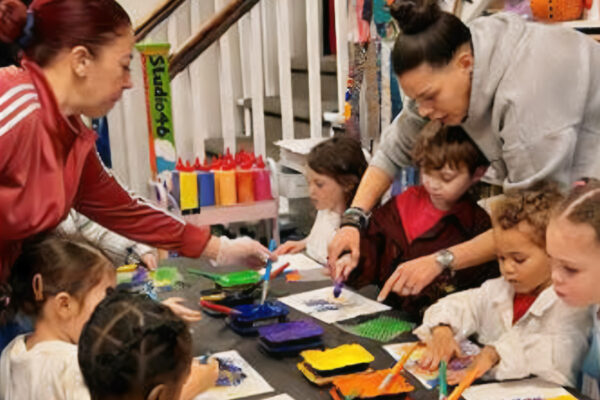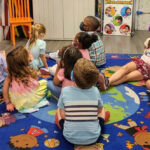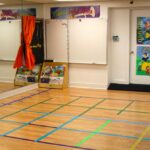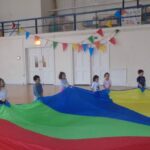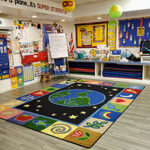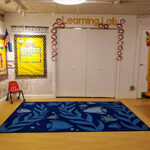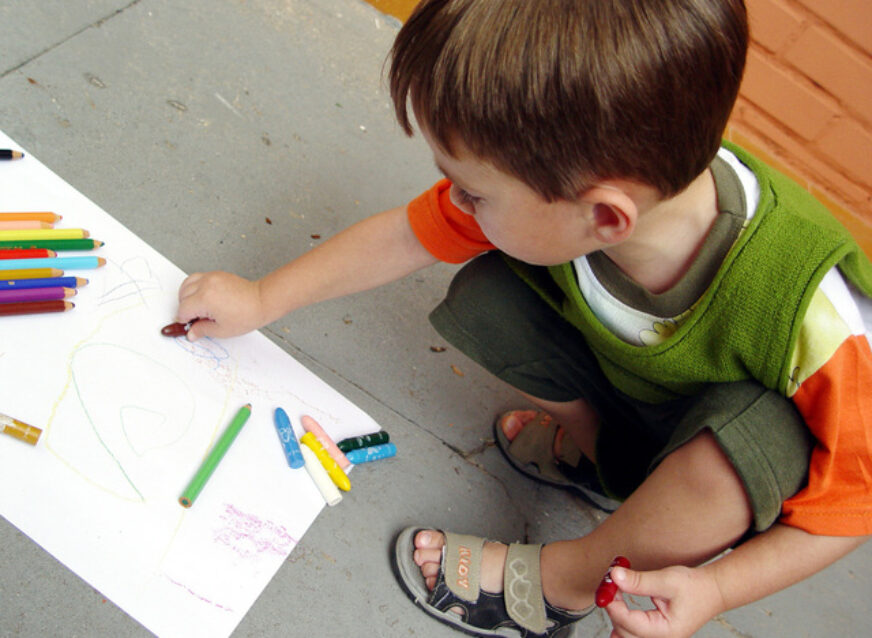
READING, WRITING AND KINDERGARTEN REDSHIRTING: A LITTLE PERSPECTIVE ON A BIG ISSUE
Until recently, the term “redshirting” referred to postponing a college athlete’s participation in regular season games for the period of one year. Theoretically, the additional time would allow him/her an extra year of growth, as well as practice with the team in hopes of improving the player’s skills for the following year.
Now redshirting has now found its way to the preschool population. Parents of preschool children with summer or early-Fall birthdays, who just make the kindergarten cut-off and thus could become the youngest in the class, are forced to examine the possibility of following this paradigm shift.
Bestselling author Malcolm Gladwell has shared his ideas about it on 60 Minutes, parenting blogs are constantly debating the issue – and even the Wall Street Journal and New York Times continue to examine the whether the practice ultimately does more harm than good to our children and our school system.
Current research on redshirting is inconclusive as to its’ long-term effectiveness and clearly needs further long – term studies. As always in life, either decision has its’ pros and cons as well as complications in both the individual student and education as a whole. For me, it has always been about the child in question and more importantly…the whole child. A child is not an arbitrary age, but a unique person whose cognitive, emotional and social needs need to be treasured, protected, challenged and grown in the very best way possible.
As parents, we all know that you can have multiple children living in your home, being raised by the same set of parents, yet individually very different. Case in point, my 3 children. Two of my kids were winter babies so the issue of kindergarten placement was moot. My middle daughter, however, was a different story in all areas. Born late August in1992, she barely made the kindergarten cut off. Redshirting was not yet on the grid and in fact, the trend was to move kids ahead. As the school year progressed, it became clear that she was not up to speed. Her fine motor skills were poor and she was becoming very frustrated with homework, often throwing down her pencil in tears. She was the only child who was not yet a fully emergent reader and though her emotional intelligence was high with adults, she was unable to fully socially connect with her peers. As a special education teacher, it was difficult to witness; as a mother it was devastating.
So began my fight with the principals, teachers and even my husband. After all, what did I know? I was a special education teacher and therefore biased to what I was seeing. I was overreacting as because I was a neurotic mother. To make a very long story short, 3 years and 2 public school principals later, I took my daughter to a private school. After her screening, the head master came up to me with a worried look and cautiously told me that in her opinion, my daughter should really repeat the third grade.
I didn’t know whether to cry or scream! I did neither, and my daughter enrolled as a third grader that year. After she completed three years of private school, she re-entered our public middle school. It was rough for a while, but as she progressed through her high school years, she became socially, emotionally and academically confident. Her high school career was filled with really good, long lasting friends, a spot on the varsity cheerleading and competition squad and, best of all, good grades. She has studied abroad for a semester in Florence, continuously been on the Dean’s List at the University of Rhode Island and graduated just last year. I couldn’t be more proud!
The following are some points for parents to consider when making this difficult decision:
- Keep in mind your child’s uniqueness. Be clear of his/her characteristics as this should be the guiding factor behind your decision…not merely his/her possibility of being one of the youngest in the class. Is he/she is overly shy, apprehensive, lacking physical coordination, experiencing difficulty following directions, and easily frustrated? If so, holding back and starting kindergarten a year later is something you need to strongly consider.
- Plan a visit to your child’s perspective kindergarten classroom. Speak to the teacher and principal as to the expectations regarding academic readiness so you can get an idea of how your child will fare.
- Talk with your child’s preschool teachers. Do they feel he/she is ready to begin kindergarten? They will be able to provide you with insights that only they can see as professionals who are working with your child and others in the classroom setting.
Once you have armed yourself with all the information you need to make the best decision you can make, take a deep breath! While no one can predict the future, take stock in the fact that you have made the best decision at that time. It’s a long journey. Try to enjoy the ride and celebrate all the wonderful milestones ahead of you and your preschooler!

